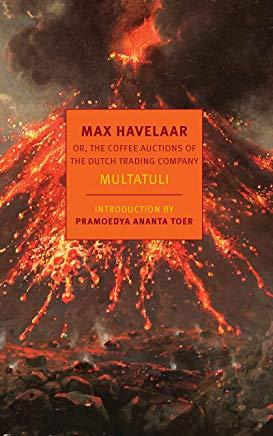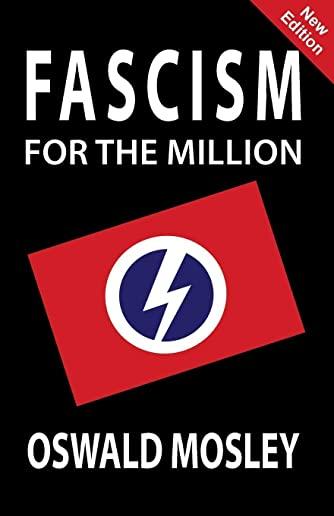
description
4A fierce indictment of colonialism, Max Havelaar is a masterpiece of Dutch literature based on the author's own experience as an adminstrator in the Dutch East Indies in the 1850s.
A brilliantly inventive fiction that is also a work of burning political outrage, Max Havelaar tells the story of a renegade Dutch colonial administrator's ultimately unavailing struggle to end the exploitation of the Indonesian peasantry. Havelaar's impassioned exposé is framed by the fatuous reflections of an Amsterdam coffee trader, Drystubble, into whose hands it has fallen. Thus a tale of the jungles and villages of Indonesia is interknit with one of the houses and warehouses of bourgeois Amsterdam where the tidy profits from faraway brutality not only accrue but are counted as a sign of God's grace. Multatuli (meaning "I have suffered greatly") was the pen name of Eduard Douwes Dekker, and his novel caused a political storm when it came out in Holland. Max Havelaar, however, is as notable for its art as it is for its politics. Layering not only different stories but different ways of writing--including plays, poems, lists, letters, and a wild accumulation of notes--to furious, hilarious, and disconcerting effect, this masterpiece of Dutch literature confronts the fixities of power with the protean and subversive energy of the imagination.
A brilliantly inventive fiction that is also a work of burning political outrage, Max Havelaar tells the story of a renegade Dutch colonial administrator's ultimately unavailing struggle to end the exploitation of the Indonesian peasantry. Havelaar's impassioned exposé is framed by the fatuous reflections of an Amsterdam coffee trader, Drystubble, into whose hands it has fallen. Thus a tale of the jungles and villages of Indonesia is interknit with one of the houses and warehouses of bourgeois Amsterdam where the tidy profits from faraway brutality not only accrue but are counted as a sign of God's grace. Multatuli (meaning "I have suffered greatly") was the pen name of Eduard Douwes Dekker, and his novel caused a political storm when it came out in Holland. Max Havelaar, however, is as notable for its art as it is for its politics. Layering not only different stories but different ways of writing--including plays, poems, lists, letters, and a wild accumulation of notes--to furious, hilarious, and disconcerting effect, this masterpiece of Dutch literature confronts the fixities of power with the protean and subversive energy of the imagination.
member goods
No member items were found under this heading.
Return Policy
All sales are final
Shipping
No special shipping considerations available.
Shipping fees determined at checkout.







